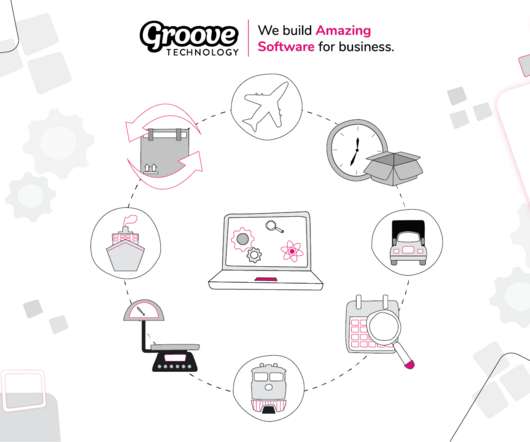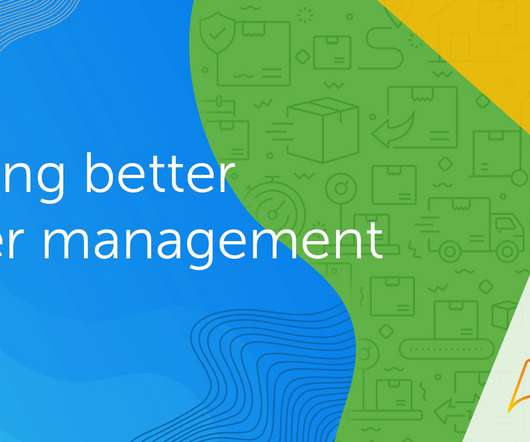Logistics Software Development
Groove Technology
AUGUST 1, 2022
Logistics are an essential part of a company’s supply chain because they ensure that you’re coordinating your operations to meet the demands of your customers successfully — processing orders, maintaining proper material storage, fleet management, cataloging inventory, shipping products, and so on. Order Management.














Let's personalize your content